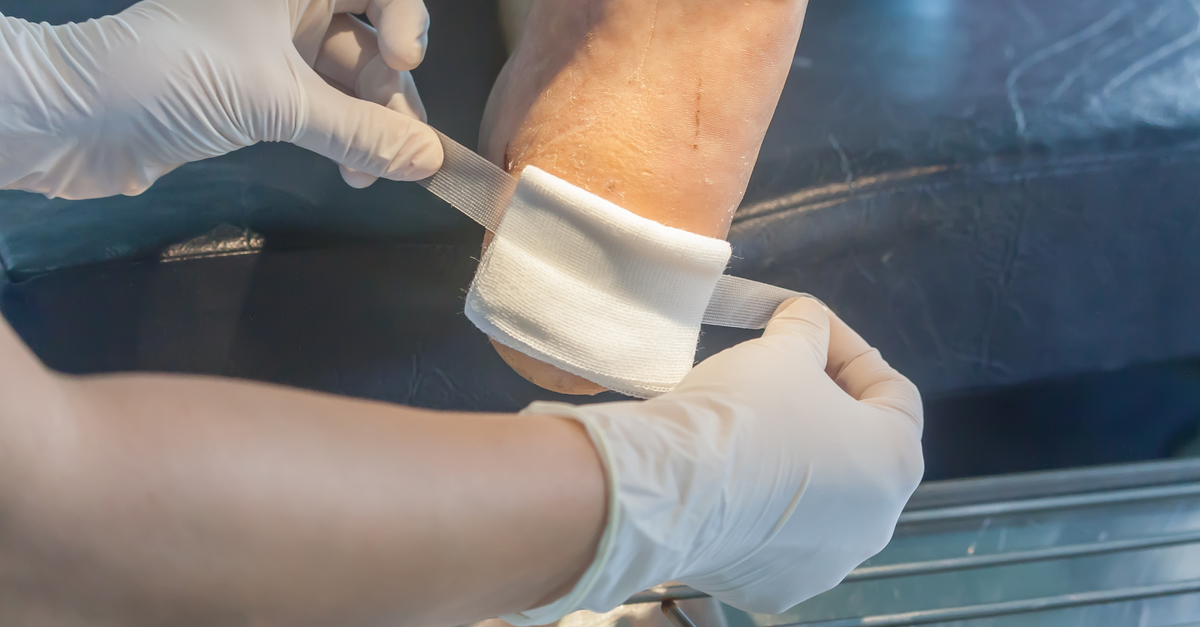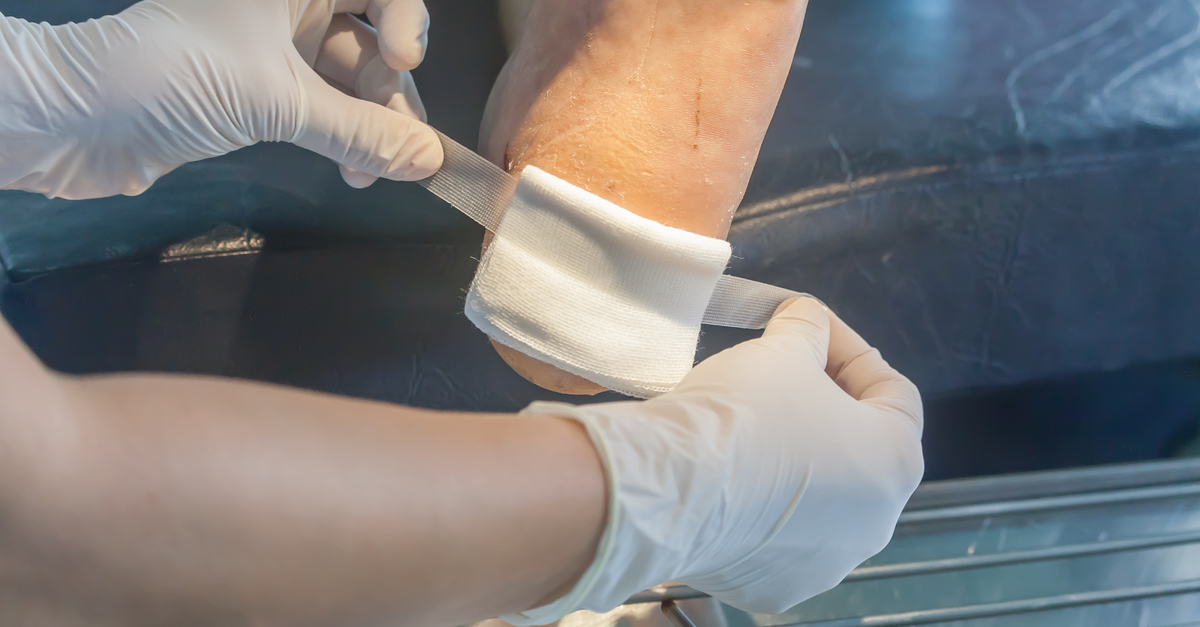Diabetes creates an assortment of unpleasant symptoms for the human body, but diabetic foot ulcers are by far one of the most concerning. When most people think of ulcers, they picture an irritating bump on their tongue, but foot ulcers are much more serious. Skin tissue breaks down and exposes the layers underneath, which leads to these layers being damaged.
Not only is this a serious concern, but it’s also a common one. 10% of diabetics will have to deal with this frightening symptom. Taking care of your feet is always important, but especially with diabetes. Proper foot care does so much for avoiding this life-changing problem, but even if you get foot ulcers, it’s not too late to treat them!
Treatments
More than likely, your doctor will diagnose your foot ulcer as one of these four conditions:
- (No infection) No ulcer yet, but the foot is at risk
- (Mild) Ulcer is present, but no infection
- (Moderate) Ulcer is deep in the body, affecting tendons and joints
- (Severe) Ulcers and infection are high
Depending on the diagnosis, there are a number of ways to treat foot ulcers. Various medications, equipment, and even surgery can be used to prevent this unpleasant issue from growing even more serious. Some of the more common methods are diabetic shoes, debridement (removing dead skin or anything that may have created the ulcer), antibiotics, and treating foot deformities that may be contributing to the problem.
Preparing for Limb Loss
If the ulcer continues to infect surrounding tissue, then amputation may become the best option to help preserve the rest of the leg. Another reason for amputation is critical ischaemia, which prevents the foot from properly healing. These are extreme measures that are only taken when it will improve the wellbeing of the patient.
It’s important to be prepared, both mentally and physically, before undergoing such a life-changing operation. Don’t be afraid to ask questions and prepare yourself for major changes in your daily routine. After surgery, it’s important to not only have a qualified prosthetic and orthotic team - but one that is capable and passionate about providing the best resources and support every step of the way. Have any questions about what to expect or improving your prosthetic experience? Contact BioTech today!

